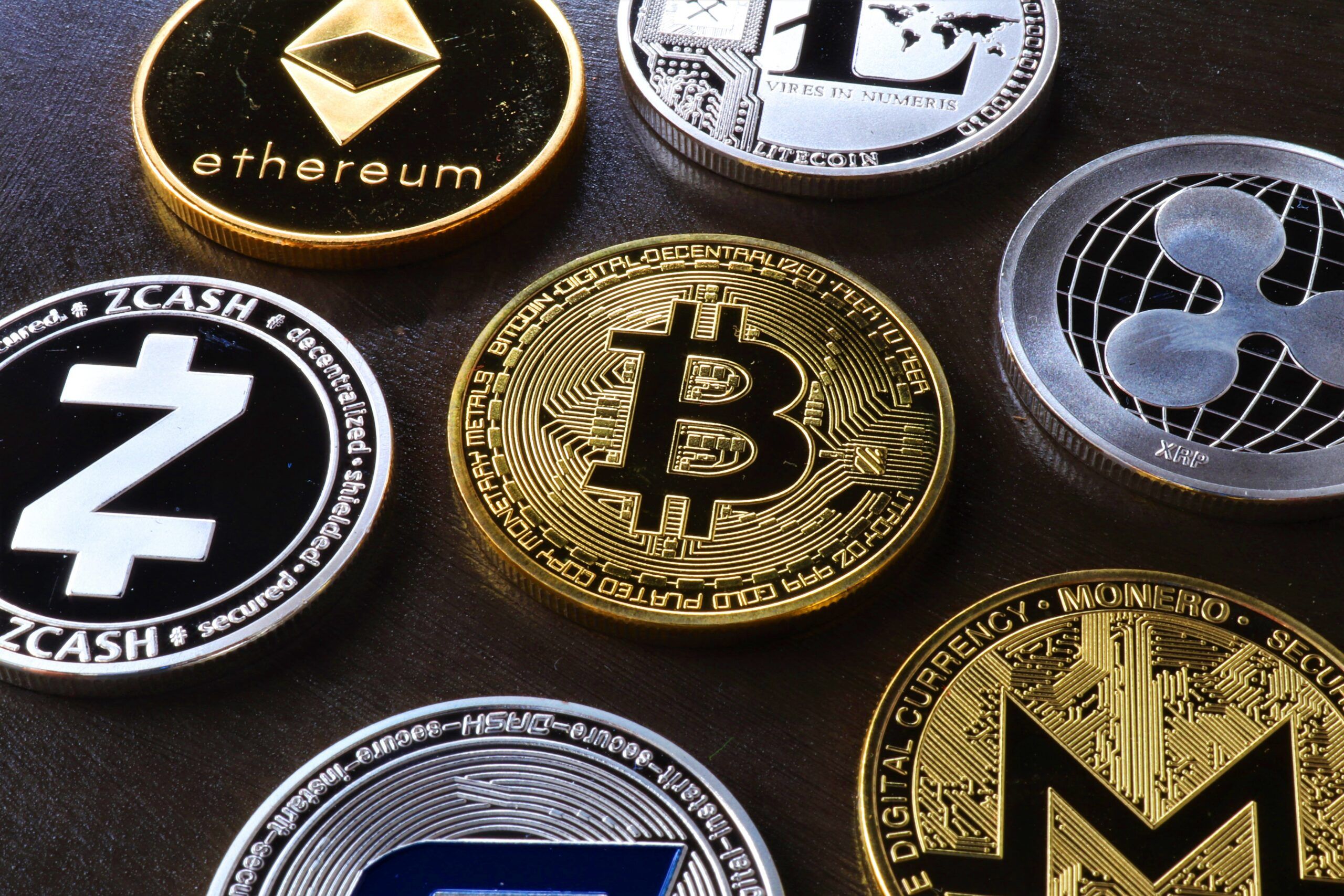On Friday, China announced a blanket-ban on overseas cryptocurrency exchanges which has led many investors to turn away from centralised exchanges. While the announcement was catastrophic for these centralised firms, many investors are now betting that the blanket ban will come as a blessing in disguise for decentralised exchanges, that facilitate peer-to-peer transactions without an intermediary.
The reality of this has already become evident from this weekend’s market action. Native tokens of major decentralized exchanges, such as Uniswap and Sushiswap, have gained 22% in the past 24 hours, while centralized exchanges tokens are struggling to recover from the crackdown.
According to Denis Vinokourov, head of research at Synergia Capital, “The great rotation into everything decentralized is upon us and all thanks to the latest and undoubtedly most aggressive crypto ban by China.” Adding, “Decentralized autonomous organization Maker’s DAI stablecoin will likely gain substantial market share versus Tether as a result.” Sharing a bullish outlook supporting decentralised finance and NFTs.
On sept 24, The People’s Bank of China (PBOC) announced that all virtual currency-related activities are now illegal and banned all offshore exchanges from offering their services to mainland China users. The statement, published to the PBOC website, also barred Tether (the largest global stablecoin) from becoming legal tender along with Bitcoin and Ether.
Binance and Huobi have already started to take action to comply with new regulations. On Sept 26, Huobi announced that it would gradually close the accounts of existing China-based users by the end of 2021. The Huobi token hit with-month lows of around $6 on Sunday and is yet to recover.
On the other side of the scale, UNI is surging higher. The token remains stuck in a four-week falling channel however, it is thought that a breakout might bring stronger buying pressure. UNI is the native token of Uniswap, a decentralised exchange that has risen in popularity since China’s crackdown.
Why decentralised exchanges?
Since China’s crackdown, many investors have been steering their focus onto decentralised crypto exchanges. These exchanges facilitate peer-to-peer trading with no intermediary. Decentralised exchanges are also highly secure, which means that users’ data, funds and information are well preserved. It is this high level of security that has led many investors to believe that decentralised exchanges could be the future of the crypto industry, amongst tightening regulations.
Decentralised exchanges also prevent market manipulation. With a centralised exchange, the exchange platform has control over all transactions, trade and funds that are connected to each trading account. This allows larger exchanges to gain some control over the crypto industry and also leaves users prone to mistakes that could be made by those in charge. Decentralised exchanges do not have an intermediary, which makes it much harder for one group to control the majority of the market.












